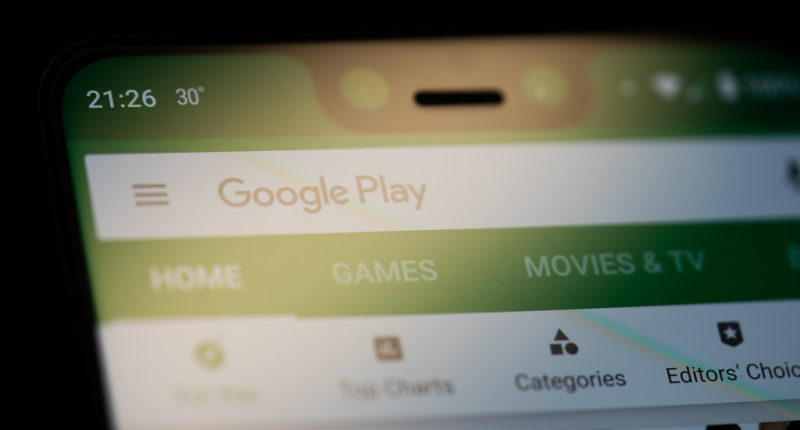Google and Apple own the smartphone app market, thanks to their widely successful app stores Google Play Store and App Store. However, this has led to increasing pressure on both companies in regards to some of their app store policies, with Apple engaged in an ‘epic’ battle at the moment. Google too has faced its fair share of critique on Play Store’s policy, and to prevent another Fortnite like disaster from happening, the company announced on Tuesday that it would be reducing its planned Play Store commission globally for Android developers who distribute paid applications and offer in-app purchases through the Play Store.
Effective from July 1, Google would levy a cut of 15% for the first $1 million of revenue earned by developers using the Play billing system every year. Beyond the first $1 million, Google would impose the former rate of 30% on every dollar generated by developers through Google Play. The company said that “99% of developers globally that sell digital goods and services with Play will see a 50% reduction in fees.”
“While these investments are most critical when developers are in the earlier stages of growth, scaling an app doesn’t stop once a partner has reached $1M in revenue — we’ve heard from our partners making $2M, $5M, and even $10M a year that their services are still on a path to self-sustaining orbit. This is why we are making this reduced fee on the first $1M of total revenue earned each year available to every Play developer, regardless of size,” said Sameer Samat, VP of Android and Google Play, in a blog post.
Google’s move comes nearly three months after Apple had introduced a Small Business Program that reduced the App Store’s commission rate from 30% to 15% for developers earning up to $1 million per calendar year in net revenue. It also comes ahead of Google’s move requiring Android apps to use its in-app billing system this September. Earlier, the giant had taken the stand that its fee was fair and needed to maintain the vast download infrastructure and security measures to protect Android users. Google added that more details on the change of the Play Store commission would be out in the coming months.
In response to Google’s announcement, a spokesperson for Epic Games said, “While a reduction in the Google app tax may alleviate a small part of the financial burden developers have been shouldering, this does not address the root of the issue. Whether it’s 15% or 30%, for apps obtained through the Google Play Store, developers are forced to use Google’s in-app payment services. Android needs to be fully open to competition, with a genuinely level playing field among platform companies, app creators, and service providers. Competition in payment processing and app distribution is the only path to a fair app marketplace.” Epic Games, which gave us Fortnite, had earlier contested Google in the courts alleging that the California-based company’s “anti-competitive conduct” breached the local consumer law. It has sued Google in the UK, the US, and the European Union.
Google’s earlier announcement to levy a 30% commission on all in-app purchases through the Play Store and making it mandatory for developers to use their own payment system for app purchases had received immense backlash from the global community. South Korean app market ONE Store had announced growth in traction following the announcement. It had also received a similar backlash in India, with more than 150 start-ups joining forces in answer to Google’s announcement, and Paytm taking charge with its own mini App Store. The tech giant had to delay the planned Play Store payments rule in India to April 2022 in answer.
Vijay Shekhar Sharma, founder and CEO of Paytm, said that Google’s announcement was nothing but a “PR stunt.” They are basically saying that as soon as you build a business larger than $1 million — which is a very low bar — you are going to pay a 30% fee, which after taxes, becomes 44%,” he said.
The Tech Portal is published by Blue Box Media Private Limited. Our investors have no influence over our reporting. Read our full Ownership and Funding Disclosure →






